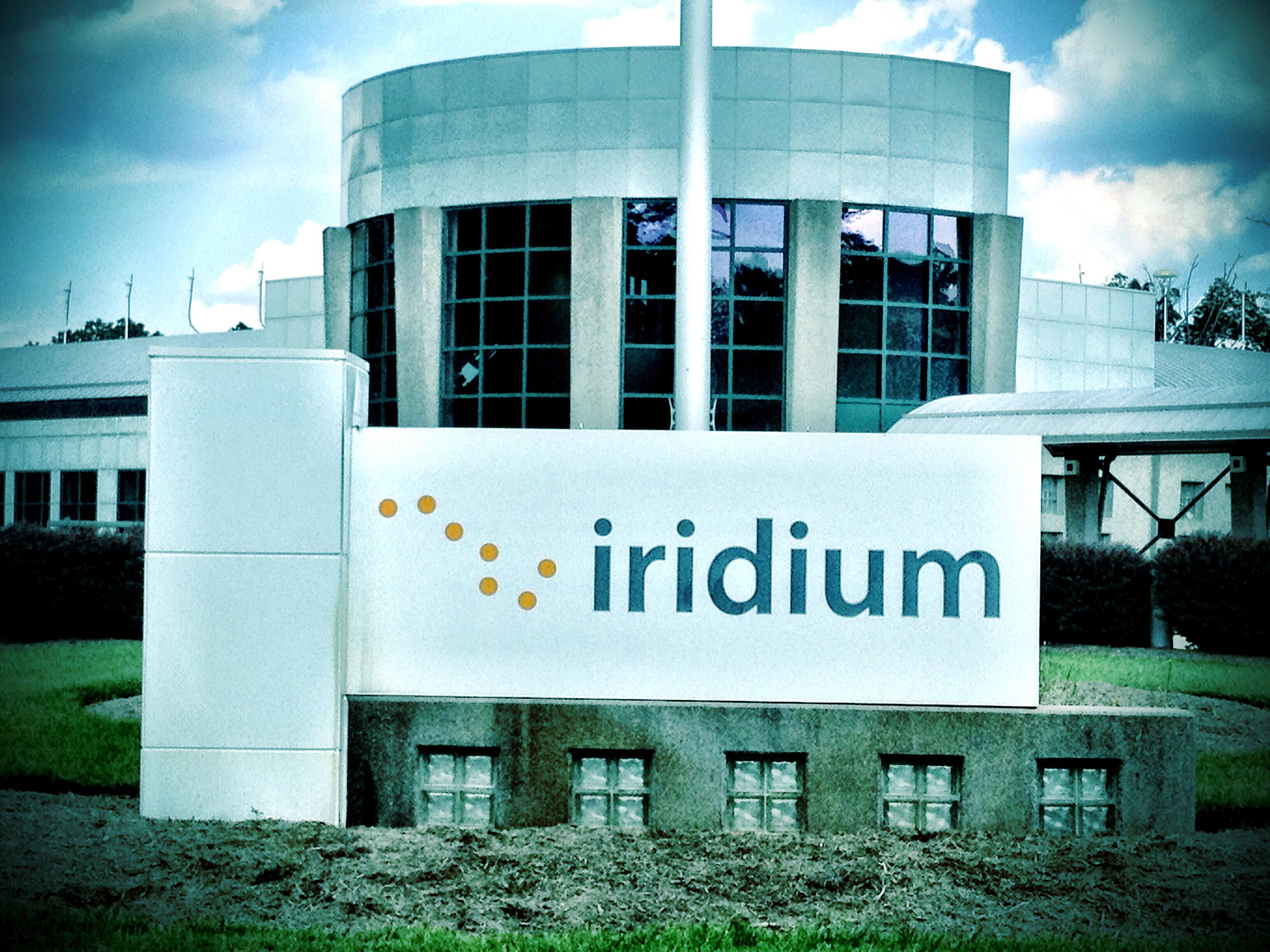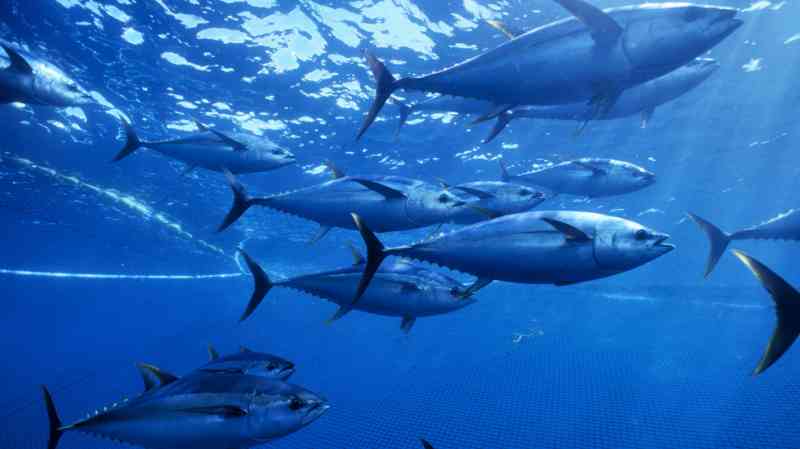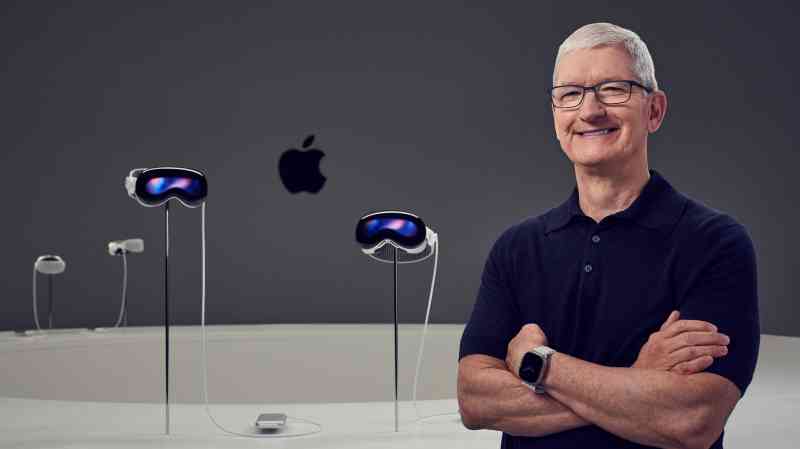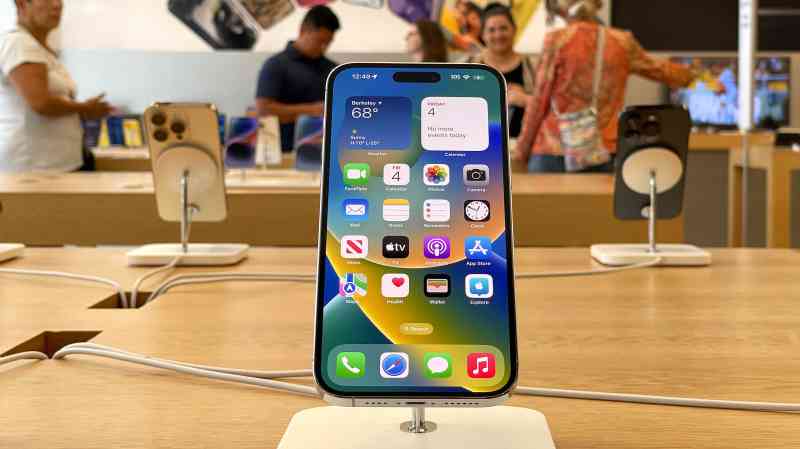Celebrities urge satellite firm to ‘stop enabling harmful fishing’
The presenter Amanda Holden, chef Hugh Fearnley-Whittingstall and naturalist Chris Packham have urged a satellite firm to stop providing a service that they claim enables harmful industrial-scale fishing.
Yellowfin tuna in the Indian Ocean have been collapsing in number for almost a decade due to overfishing. The decline has been so steep that Tesco, Princes and other brands have taken the unusual step of calling for regulators to take greater action to curb the catches.
Now environmentalists are pursuing an alternative route to make the $4 billion fishery more sustainable.
In a letter to the UK arm of the US-based Iridium, the celebrities said the company’s low-Earth-orbit satellite network was providing crucial GPS communications to European fishing companies which are hoovering up the tuna.
Fearnley-Whittingstall said he was “shocked” to learn that the firm was “supporting unsustainable commercial fishing activities in the Indian Ocean”.
The trio asked the company to halt real-time GPS tracking through Iridium’s “short burst” data services.
Fishing fleets use one of Iridium’s devices, which is effectively a Sim card with a GPS chip, to regularly ping the location of floating platforms designed to attract fish, known as Fish Aggregating Devices.
“There is one small area of your fisheries and commercial fishing operations that we believe to be extremely unsustainable,” said the celebrities, who joined more than 100 marine groups and scientists who signed the letter, organised by the UK charity Shark Guardian.
The signatories noted that the satellite firm said on its website: “Environmental sustainability at Iridium means conducting our business in a manner that acknowledges, measures, and takes responsibility for our direct and indirect impacts on the environment.”

In recent years satellite companies have heavily emphasised the environmental benefits that their technology can bring. Some green groups have also piggybacked on the monitoring offered by satellites to detect everything from illegal fishing vessels to oil spills. Iridium itself runs an Outlaw Ocean Project to detect wrongdoing in fisheries, which Holden, Packham and Fearnley-Whittingstall said was doing “great work”.
However, the company rejected the calls to stop providing its services. In a letter to the coalition of conservationists, shared with The Times, Iridium said that it worked to ensure its services were only used for legal purposes but the Indian Ocean fishing did not “fall into that category”.
“Our satellite modules are sold to companies who use them in ways we aren’t aware of and don’t directly control. We can’t control how they use our network any more than cellphone companies could be asked to keep their phones out of the hands of bad people, or you could ask a ship manufacturer to keep their boats from being utilised by specific fishing fleets,” wrote Matt Desch, the company’s chief executive.
Instead, Desch suggested the campaigners should put pressure on regulators to address the issue directly with the fleets. “Trying to hold a communications company responsible for whether the end-users with which they have no relationship act responsibly, is a curious and in our opinion much less effective choice,” he said.






